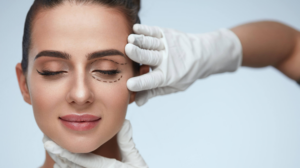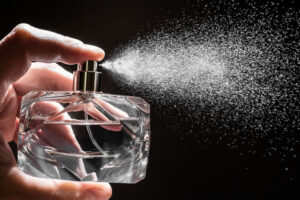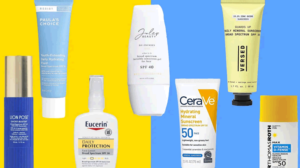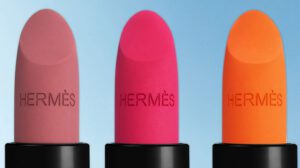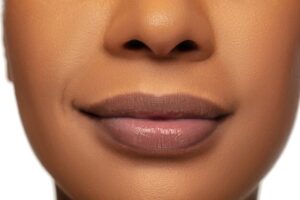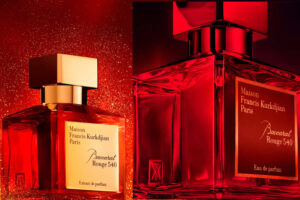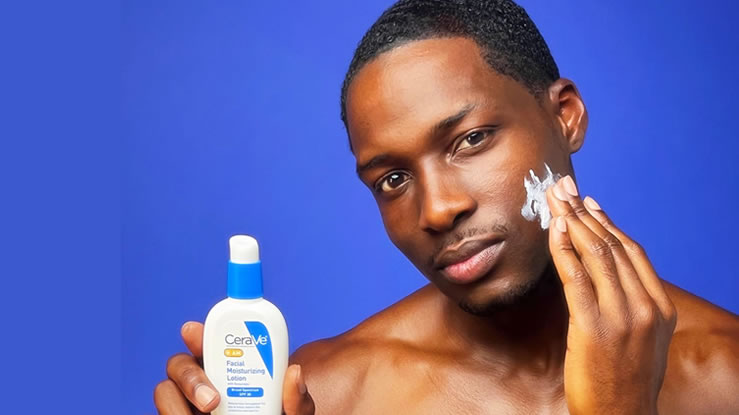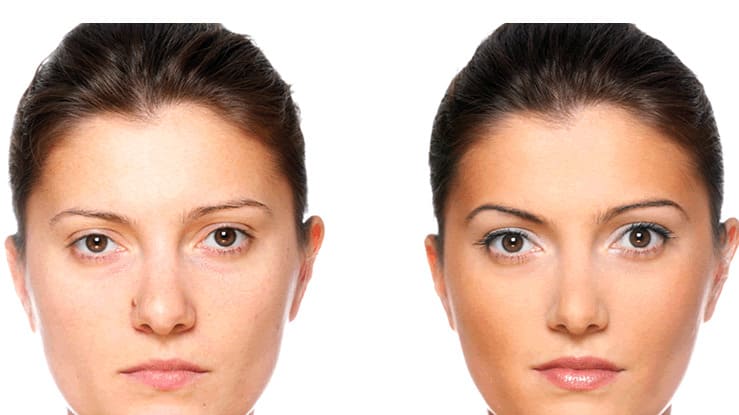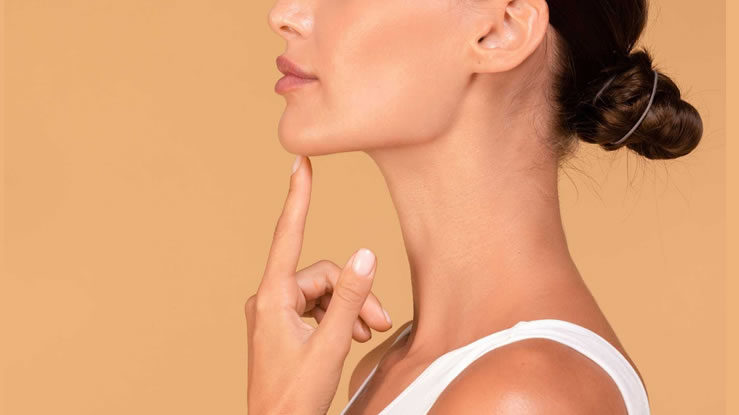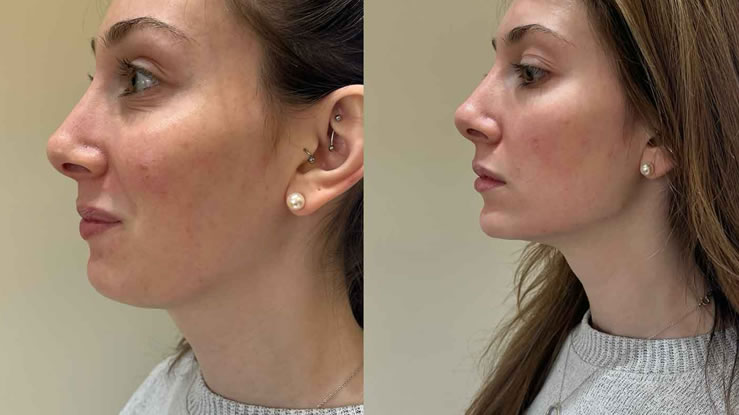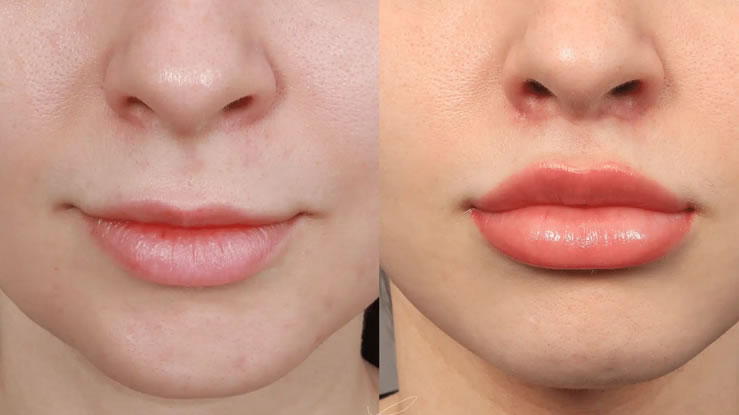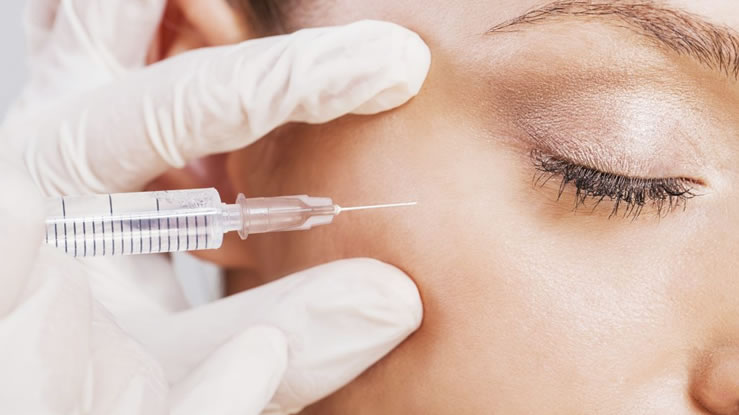Hot weather and sweat can have significant effects on your skin, and many people notice an increase in breakouts during warmer months or after intense physical activity. But can heat and sweat cause acne? Let’s explore the connection between heat, sweat, and acne, and share some tips on how to prevent those unwanted breakouts.
Why Heat and Sweat Can Lead to Acne
Acne is caused by clogged pores, bacteria, excess oil production, and inflammation, and high temperatures and sweat can intensify each of these factors. Here’s how:
- Sweat and Bacteria Buildup
When you sweat, your pores can become more susceptible to trapping bacteria, dirt, and dead skin cells, leading to blockages that can cause acne. Bacteria thrive in warm, damp environments, so when your skin is sweaty, it’s easier for bacteria to grow and multiply on the skin. - Increased Oil Production
Hot weather often stimulates the skin to produce more sebum (oil), which can combine with sweat to clog pores. This excess oil can lead to the formation of acne, particularly in oily and acne-prone skin types. - Friction and Irritation
Heat often comes with increased friction from clothing or accessories like hats and headbands. This friction can irritate the skin, especially when mixed with sweat, causing blocked pores and increased acne.
How to Prevent Acne Caused by Heat and Sweat
Managing acne in hot and sweaty conditions is possible with the right skincare routine and preventative measures. Here are some tips to help you keep your skin clear and comfortable, even in the heat.
- Wash Your Face After Sweating
After any activity that makes you sweat, wash your face to remove sweat, oil, and dirt. Use a gentle cleanser that won’t strip your skin, as harsh soaps can lead to further irritation.- Tip: Look for a cleanser containing salicylic acid or benzoyl peroxide if you have acne-prone skin. These ingredients help clear away excess oil and bacteria.
- Stay Hydrated
Drinking plenty of water is essential for keeping your skin hydrated and maintaining a balanced oil level. Dehydration can cause the skin to produce more oil to compensate, which may contribute to clogged pores. - Avoid Heavy Makeup and Skincare Products
Heavy or greasy products can block pores and mix with sweat, increasing the risk of acne. Opt for lightweight, oil-free, and non-comedogenic (non-pore clogging) products that allow your skin to breathe. - Wear Breathable Clothing
Wearing loose, breathable fabrics like cotton can help reduce friction and irritation on the skin. Avoid tight-fitting clothes that trap sweat against your skin, especially during hot or humid days. - Use an Oil-Free Sunscreen
Sunscreen is essential, but thick or greasy sunscreens can lead to breakouts when combined with sweat. Choose an oil-free, lightweight sunscreen labeled as non-comedogenic to protect your skin without clogging your pores. - Avoid Touching Your Face
Touching your face frequently can transfer oil, dirt, and bacteria from your hands to your skin, increasing the chance of breakouts. Try to keep your hands off your face as much as possible, especially when sweating. - Shower After Working Out or Sweating
When sweat and bacteria sit on your skin for too long, they can cause acne on areas like your chest, back, and shoulders. Showering after any activity that makes you sweat helps keep your pores clear and your skin healthy. - Exfoliate Regularly
Exfoliating helps remove dead skin cells that can clog pores, but be gentle. Over-exfoliating can irritate the skin, especially if it’s already sensitive to sweat and heat. Aim to exfoliate 1-2 times a week using a gentle exfoliant suitable for your skin type. - Use Acne-Fighting Ingredients
Products containing ingredients like salicylic acid, tea tree oil, or niacinamide can help control oil production and reduce breakouts. Consider incorporating these into your skincare routine, especially if you’re prone to acne in warm conditions. - Keep a Consistent Skincare Routine
Establishing a consistent routine can help your skin adjust to environmental changes. Cleanse, moisturize, and apply acne treatments as needed, and avoid switching products too frequently, which can irritate.
While heat and sweat can contribute to acne, understanding how these factors affect your skin allows you to take the right steps to manage it. By keeping your skin clean, hydrated, and free from pore-clogging products, you can reduce the likelihood of heat-induced acne and keep your skin clear and healthy.
With a few adjustments to your routine and mindful habits during hot weather, you can enjoy clear, comfortable skin all year round.


